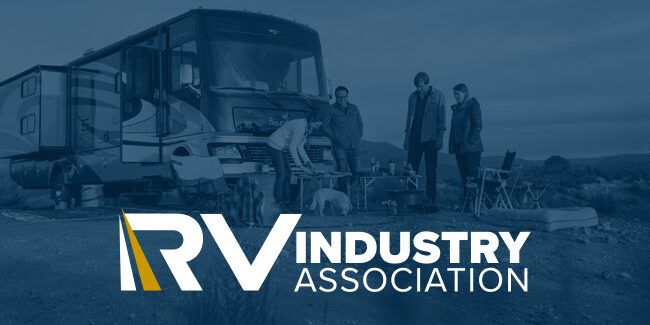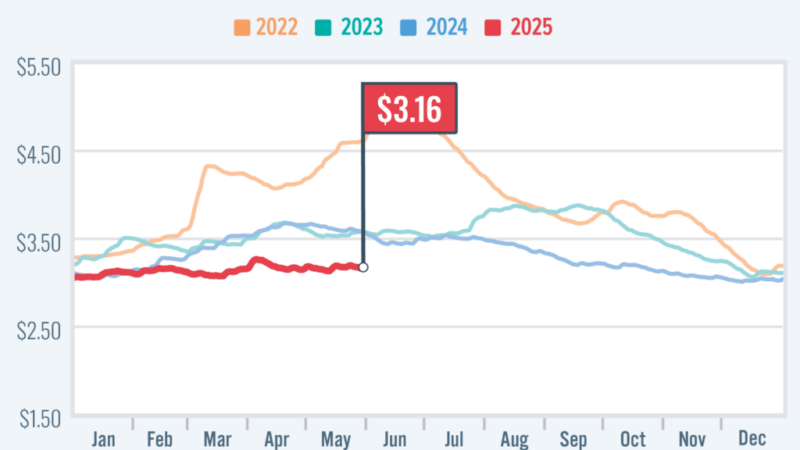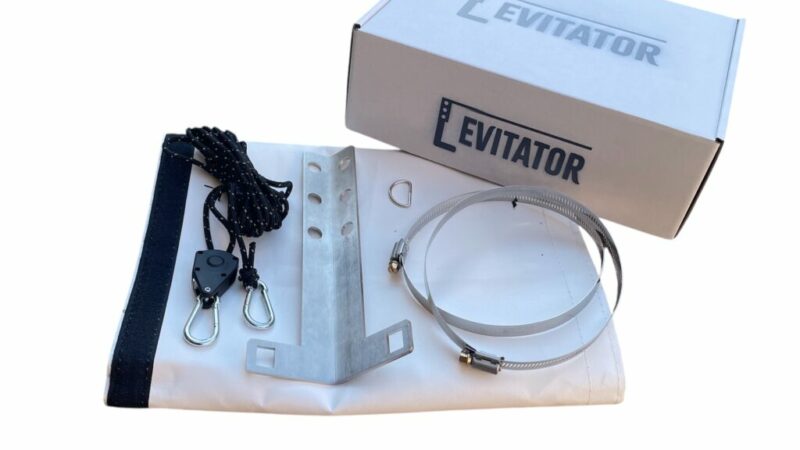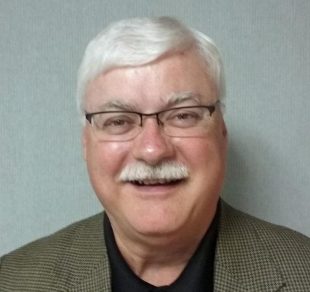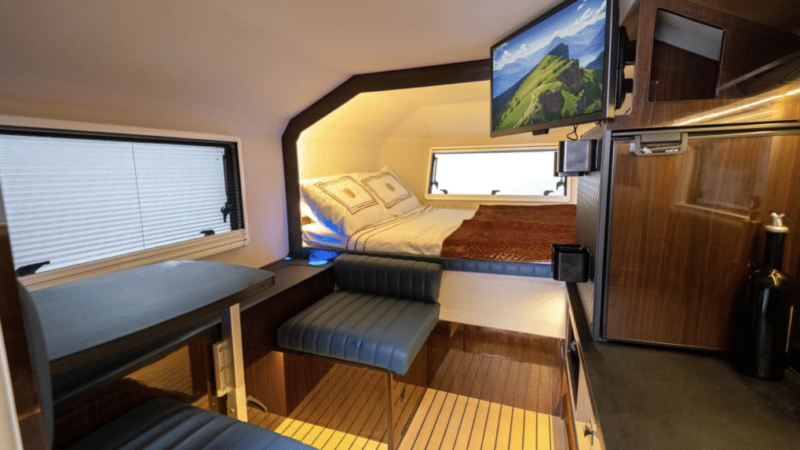Campground Groups Score Advocacy Win in North Carolina – RVBusiness – Breaking RV Industry News
Multiple North Carolina parks recently found themselves closed or unable to open due to electrical issues from upgrades required by the Deputy State Fire Marshal’s interpretation of electric code. In response, the public affairs and advocacy teams at OHI, the national association representing the Outdoor Hospitality Industry, and CARVC (Carolinas Association of RV Parks and Campgrounds) jumped in together to quickly find a solution, according to a release.
On Tuesday, March 19, industry advocates representing OHI and CARVC attended the NC Building Code Council Public Hearing in Raleigh, NC, to speak with officials regarding their interpretation of the National Electric Code 70 Article 551.71 (F) GFCI Protection as applied to Recreational Vehicle pedestals. Together, the teams were successful in getting the case reconsidered with a unanimous vote from the building code council.
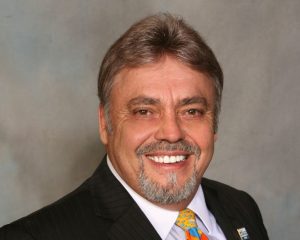
“We’re ecstatic about this outcome. It’s a big advocacy win for the Carolinas and for the industry as whole,” said Jeff Sims, OHI’s senior director of state relations and program advocacy. “Together, we’ve set the precedent to protect parks. Our unified voice helped us be heard, and we’ll keep being heard.”
The interpretation required RV parks in North Carolina to modify the 30- and 50-amp pedestal receptacles by adding a Class A GFCI device for any new or upgraded electric pedestals. Those parks that made the requested changes quickly found it just doesn’t work. With this unnecessary change, the breakers trip almost immediately because the appliances used within the recreational vehicle can create leakage at the supply receptacle(s) that could exceed the limits of a Class A GFCI device. For the parks in North Carolina, this change resulted in newly installed or upgraded pedestals not servicing guests with electricity. As all outdoor hospitality industry professionals know, no electricity means no guests so multiple parks were either forced to close or unable to open at all.
The result of the hearing was a unanimous vote by the NC Building Code Council to move the proposed standard to a public hearing for adoption. The public hearing will take place in June and will be another opportunity for OHI and CARVC to voice their support for the code change that will then take effect in January 2025.
“Sometimes local authorities lack industry-specific education needed to know how their decisions impact an industry like ours,” said Adam Smith, former president of CARVC. “It’s our job to educate them to avoid situations like this. When we act in unison with our national association, state association, and with local authorities we achieve the end goal of making good solid code that guarantees the health and safety of our guests.”

Leading this advocacy effort in the Carolinas is CARVC executive director Dee Witting.
“This moment proves that when the state and national work together collectively, it is beneficial for not only individual members and park owners but the industry as a whole,” said Witting. “We had a big win for the Carolina’s today that sets the precedent for the other states. We’ve done it here and now we can do it wherever if it ever comes up in any way that might negatively impact the industry. We’re a united front because what affects one of us affects all of us, and working together collectively means we all win.”
Two important players who have represented the Outdoor Hospitality Industry on the National Electric Code’s (NEC) Code Making Panel 7 (CMP7) reinforced the importance of closely monitoring how NEC is interpreted at the state and local levels.
“Misinterpretations happen. That’s why state interpretation is critical to a parks’ success. It’s crucial that we as an industry monitor and maintain what each state action is and encourage reliance on the national code as the enforcement standard for the RV park and campground industry,” said Doug Mulvaney, former Assistant VP of Campground Design Services at KOA and former Chair of NFPA 1192/1194 Technical Committee who served on CMP7.
Wade Elliott, OHI’s current rep on the CMP7 who played an integral role in providing documentation on this issue said, “I’m glad that North Carolina has chosen to come in line with national standards which will simplify and provide clarity for AHJ’s (Authorities Having Jurisdiction) nationwide.”
Along with Sims, Witting, Smith and Mulvaney, OHI and CARVC were also supported at the hearing by Ed Hanes, CARVC’s lobbyist; and other CARVC board members.
“The unanimous win illustrates the enormous influence that can be had when the national association and the state association work together for the common good. OHI and CARVC experts saw the potential of this GFCI issue spreading quickly throughout the rest of the country had it not been contested in Raleigh by our mutual testimony and as a result, the campground industry was spared considerable cost and disruption,” said Paul Bambei, OHI’s president and CEO.
To stay up to date on Outdoor Hospitality Industry advocacy in your state and across the country, visit OHI.org/Advocacy or the OHI Action Center.
You can view the NEC 70 at NFPA 70 (NEC) Code Development through this link by clicking on Free Access.


